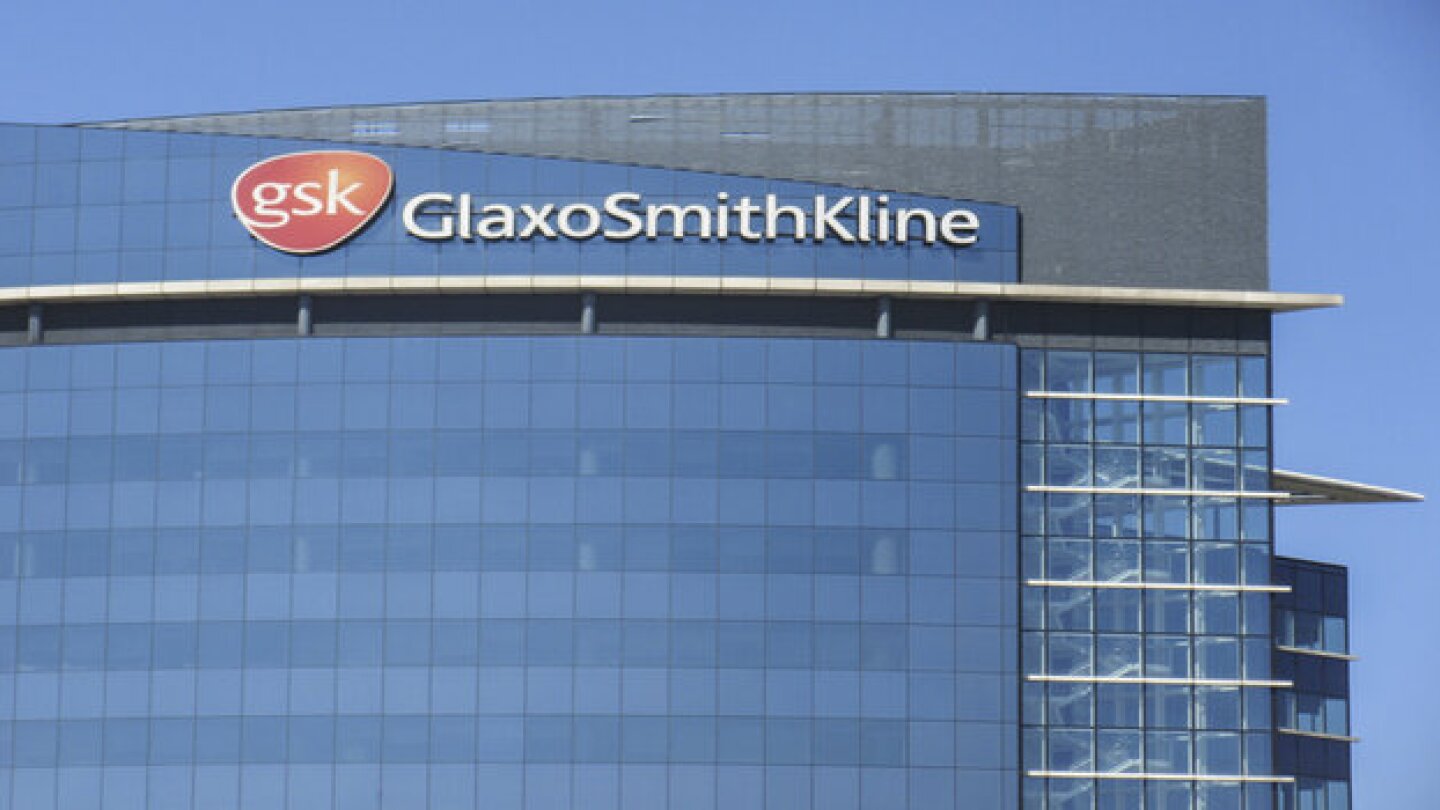News
Sutro’s stock tumbled nearly 19% after the company announced it will sideline its FRα-targeted antibody-drug conjugate luveltamab tazevibulin, which it was studying for ovarian cancer. The biotech will seek licensing opportunities for the asset.
FEATURED STORIES
Mixed headlines have plagued the cell and gene therapy space of late. We believe that a renewed case of optimism is not only warranted but essential if these therapies are to reach their full potential.
Since July, several biotechs have been forced to pivot as previous agreements with the FDA around evidence required for approval were reversed, a phenomenon that, according to experts, could portend a more restrictive regulator.
The drugmaker’s dominance of the obesity market is fueling predictions that years of growth lie ahead.
Job Trends
Gilead Sciences, Inc. (Nasdaq: GILD) and Kite, a Gilead Company, will present 30 abstracts during the 2023 American Society of Clinical Oncology (ASCO) Annual Meeting.
FROM OUR EDITORS
Read our takes on the biggest stories happening in the industry.
Unpredictable communication and a lack of transparency are eroding the industry’s and the public’s trust. The FDA, experts agree, needs to take control of the narrative.
THE LATEST
CEO Roberto Iacone admitted in an interview that the market remains tough, even for a biotech in the red-hot ADC world. But Alentis is targeting an IPO as early as 2025.
BioSpace has named 50 biopharma companies to its 2025 Best Places to Work list, including Moderna and Sutro Biopharma, whose executives share what makes their organizations special.
The shocking failure of AbbVie’s emraclidine has investors questioning the Big Pharma’s long-term neuroscience strategy, which put the drug at the center of expectations.
Novavax’s shared jumped 12% in pre-market trading on the news.
In February 2024, the FDA put two Phase II studies of zelnecirnon under a clinical hold after a case of liver failure was deemed potentially related to the drug.
The companies did not provide detailed data for Tezspire, however, and William Blair’s Matt Phipps said in a note he does not expect the antibody to outperform Dupixent.
GSK’s departure comes as the industry anticipates the incoming Trump administration and as it continues to grapple with the threat of the BIOSECURE Act and losses of legal challenges to the IRA’s drug price negotiation program.
A fatal, highly hereditary illness with no disease-modifying treatments, Huntington’s is long overdue for a therapeutic win. Here, BioSpace looks at five candidates that could change the trajectory for patients.
With Eisai and Biogen’s Leqembi and Eli Lilly’s Kisunla launching onto the market, the 2024 Clinical Trials of Alzheimer’s Disease conference focused on the role these drugs might play, as well as combination therapies and innovative new treatment options.
The past four years have brought disappointment for the Huntington’s community, but optimism is growing as companies including Prilenia and Wave Life Sciences eye paths to approval of therapies that could address the underlying cause of the disease.

















